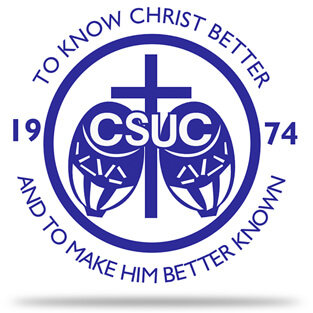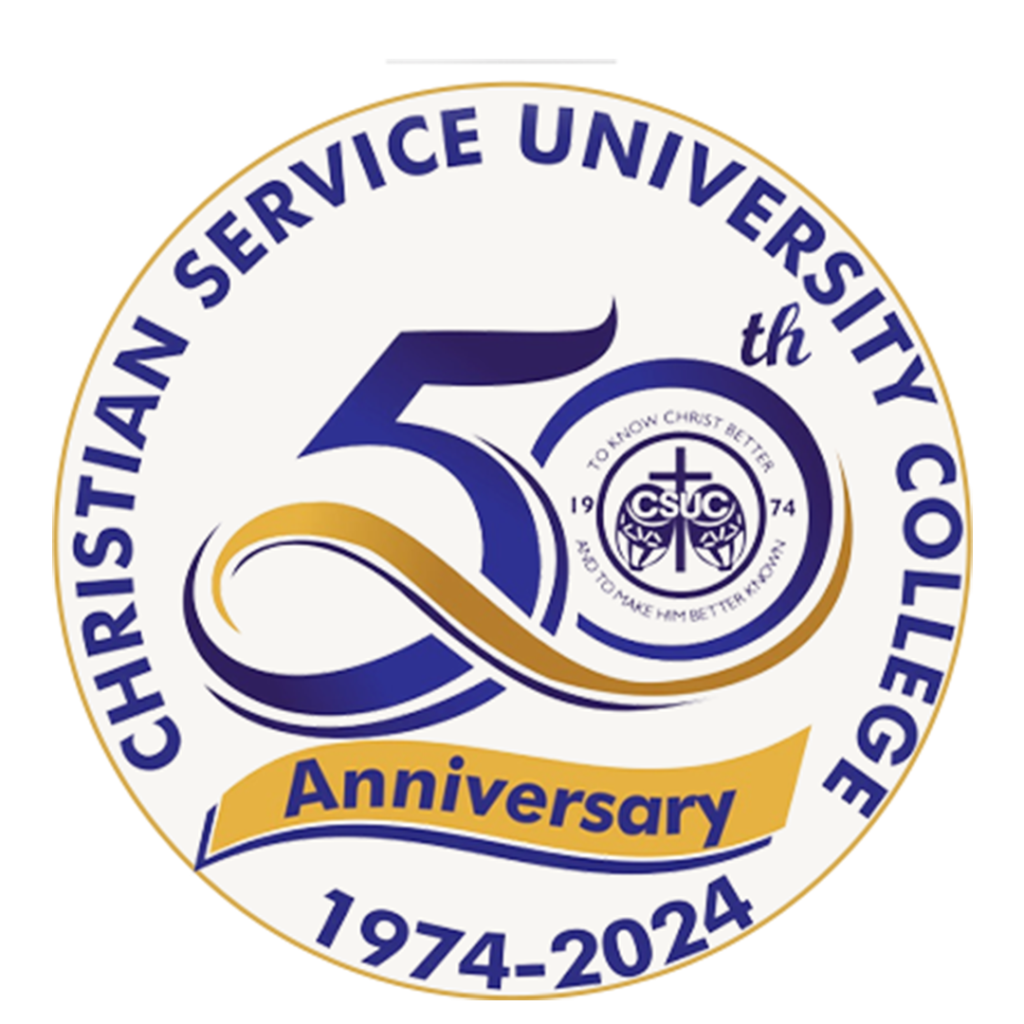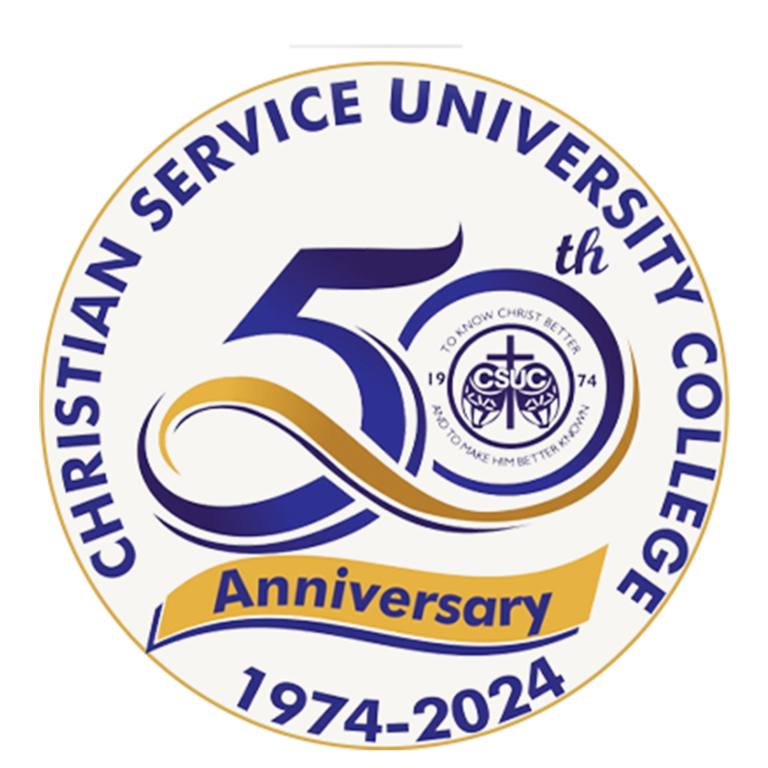Interviews are by far one the most nerve-racking events that a person has to go through.
Before you can stand before that interview panel, you need to have reached that stage of being instinctively competent. Thus, spending ten or more hours preparing for an interview is not abnormal. For this to happen, you must know how to effectively answer questions, role play effectively during the interview and list your greatest strengths.
First, role playing the interview, commonly known as mock interview is very important to ensure that you feel unconsciously competent and confident. It is easy to accomplish. You can use a friend or peer to act as the interviewer. This will give you practice in overcoming the initial interview jitters. What happens in the first two minutes is critical; these two minutes represent the first impression, so you want it to be strong. Practice a strong handshake, poise, enthusiasm and confidence while talking. People who get jobs easily are natural talkers; they ask lots of insightful questions, and give thorough and meaningful answers.
Role playing will help you gain these qualities. Keep practicing all of the above until
everything feels and sounds natural and spontaneous.Secondly, know how to effectively answer questions. While short answers – less than 30-seconds – make the applicant come across as lacking knowledge and insight , long answers that take over three minutes present applicants as wordy, too technical or boring. One and half to two minutes is about right. What you say is critical. Forget generalities; you need to provide specific examples to be credible. First, make an opening statement responding to the questions. This should last ten to twenty seconds. Second, amplify the statement by
providing a little more background describing the opening statement. Then take another
fifteen to twenty seconds to provide a few examples that prove your opening statement.
These examples help to confirm their opinions. This part of your response should last about one minute. Finally, do not end answers in the middle of a paragraph, wrap it up with good summary. Tie up your response with a great close and hand it back to the interviewer. A good ending sets the tone for the rest of the interview. This type of 4-step response not only effectively answers the question but it also brands you as savvy, bright and capable. It takes into account the needs of the interviewer to be involved and yet leads the discussion towards your strengths.
Lastly, list your greatest strengths. By writing down your examples of accomplishment, you will recall them more easily during the interview. Include some facts like dates, quantify changes and improvements, and do not generalize key points. Since you should not talk for more than two minutes about your strengths, the amount of information presented is therefore limited by time. This approach will pack a lot of punch in a short response. Make sure you present your strengths in a believable and enthusiastic manner. If you present a number of relevant examples, your interviewing performance will improve, it takes practice and preparation plus some real accomplishments.
If you follow these basic guidelines, you are just about guaranteed success. Now begin to flow smoothly, your interviewing performance will improve, and your typical jitters will be reduced. You can do it! Leave the interview with style, having impressed your employer.
Beside the above guidelines, dress and groom appropriately, do not be late, be relaxed, do not be stress out excessively and most importantly, prepare yourself, pray, then PRACTISE, PRACTISE, PRACTISE!
(Adapted from Daystar Connect, Daystar University, Kenya)
Get the latest information and articles from in and around CSUC


